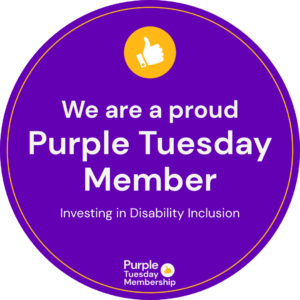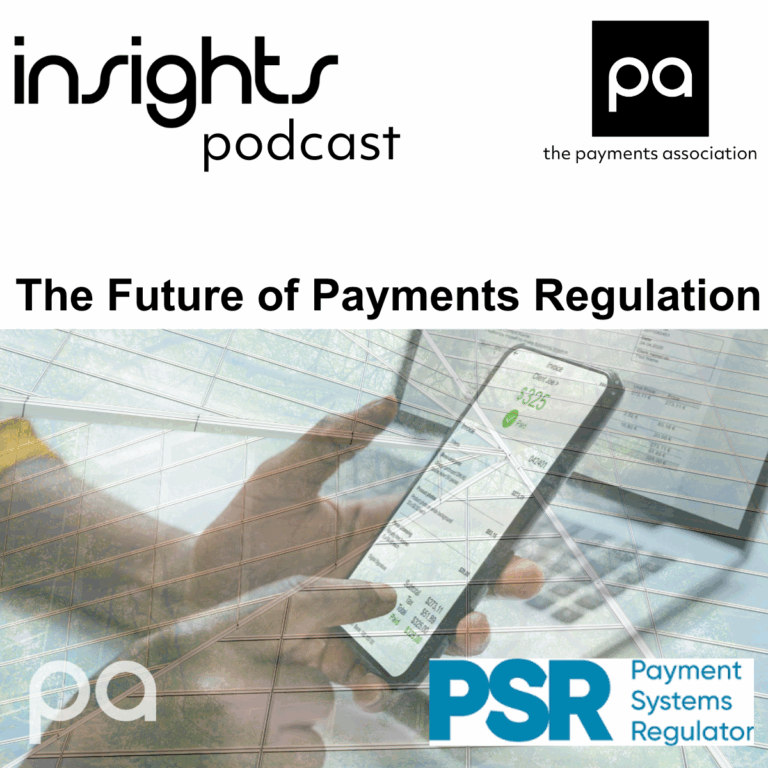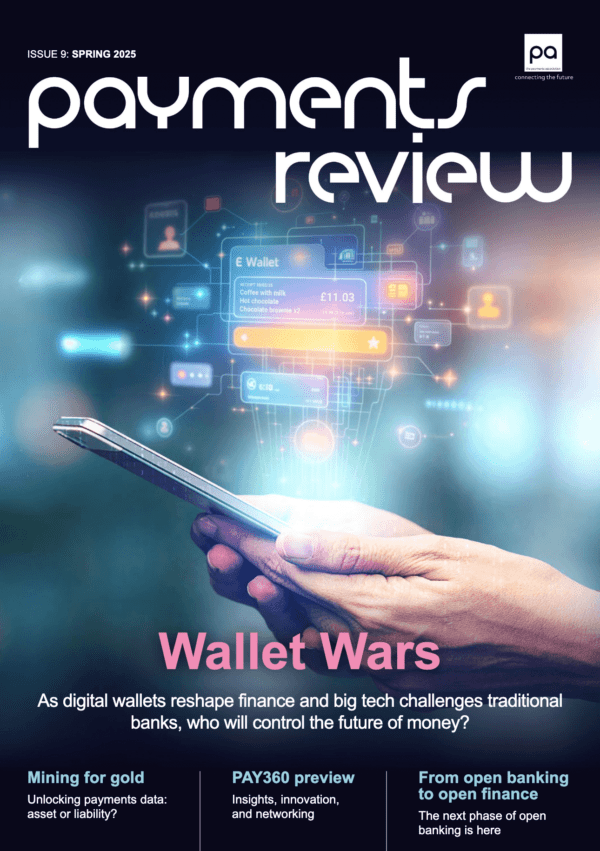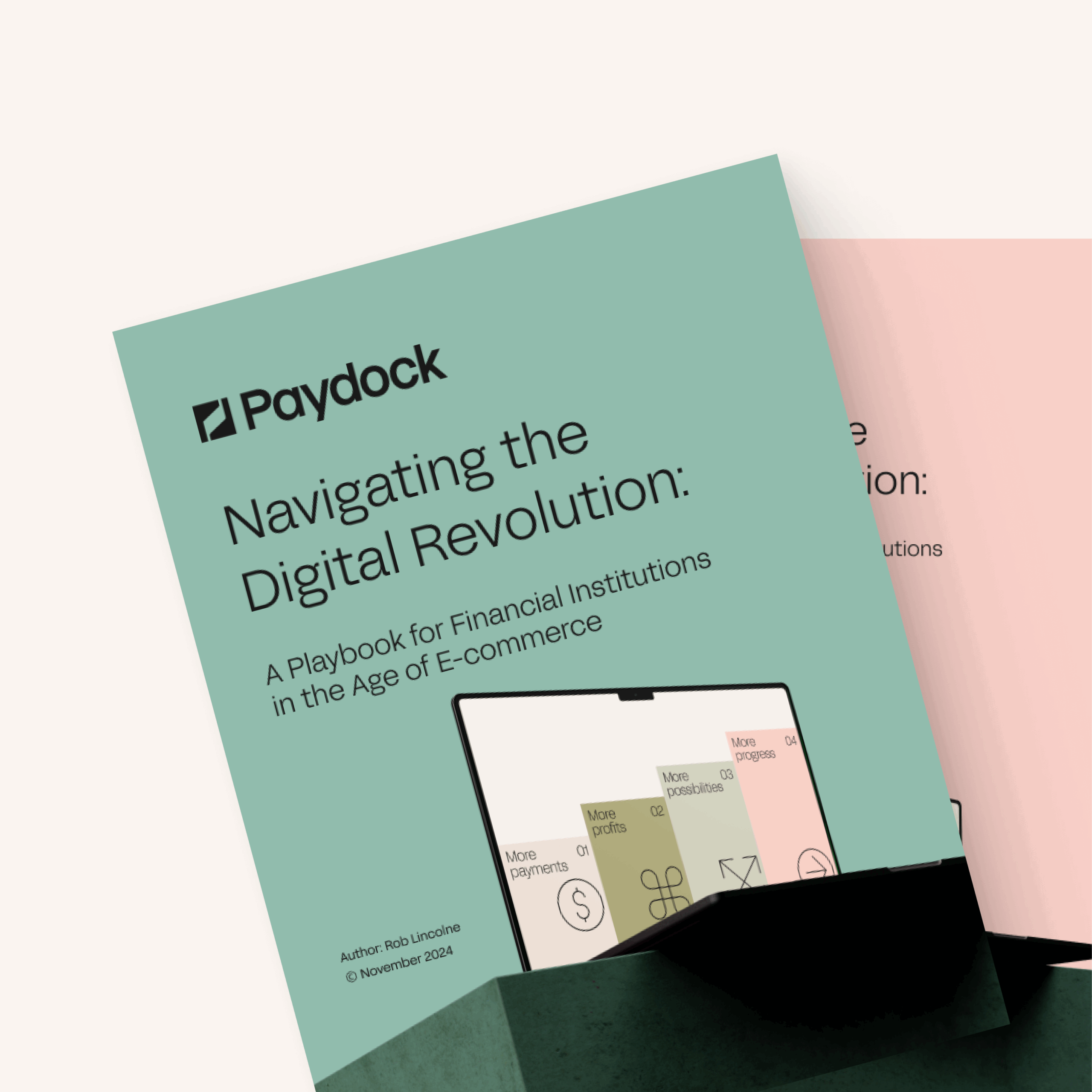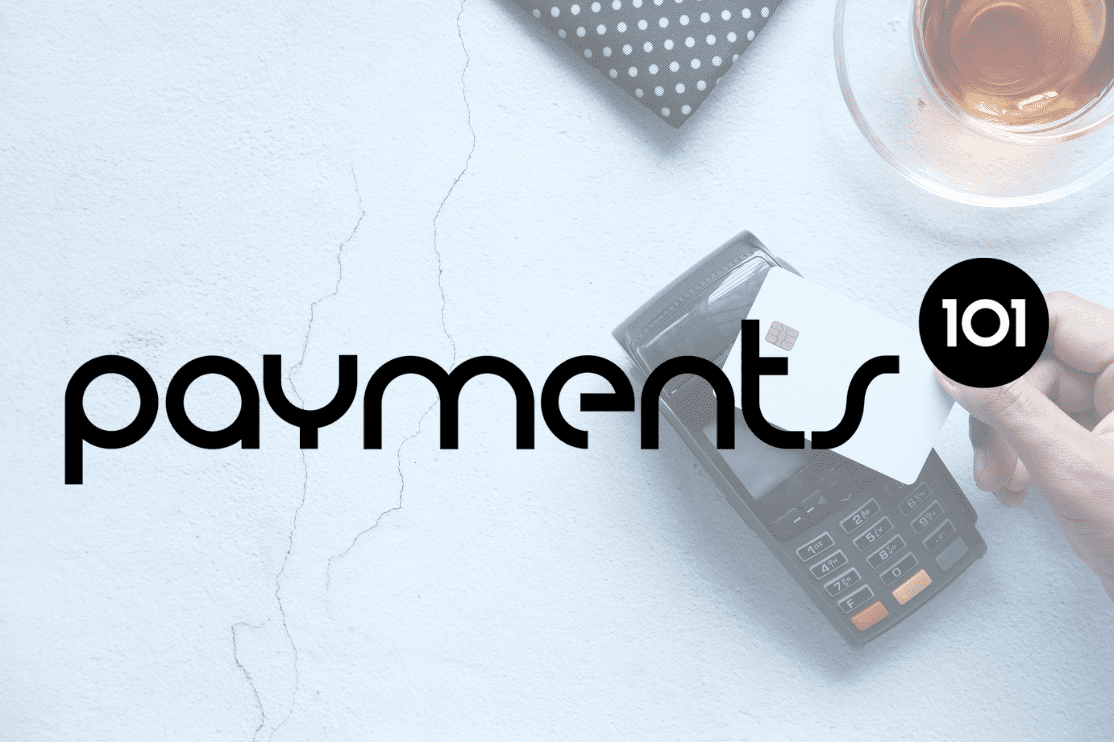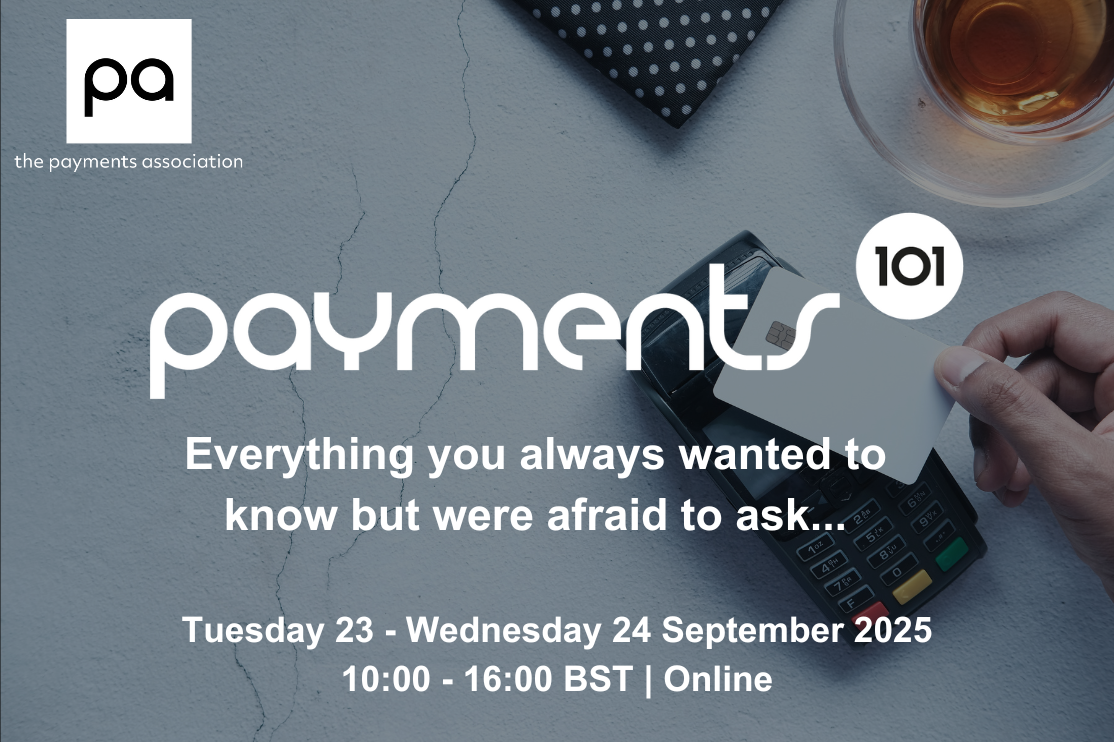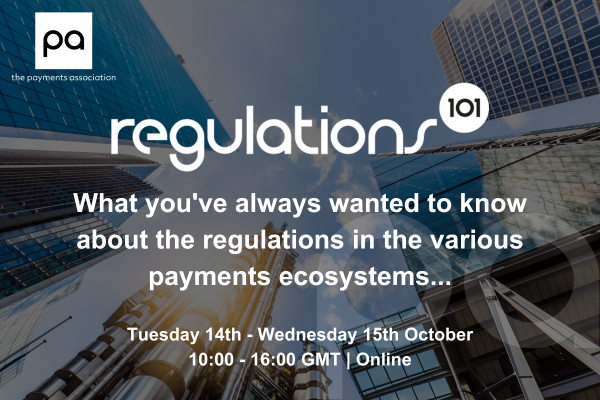A plurality of the payments industry believe that authorised push payment (APP) fraud is likely to be the biggest threat in 2024 – and that AI technology will be key in combatting it. That’s according to a survey of payment leaders and trailblazers published by The Payments Association, which celebrates innovation and collaboration across the industry.
The survey was conducted at The Payments Association’s PAY360 event, which is held every year in London, drawing in the leading lights of the world’s payments industry. The event, which attracted over 4,000 attendees and 170 speakers, was in association with Mastercard and supported by the UK’s Department for Business and Trade. An exit poll of attendees asked three questions relating to fraud, and their answers could prove instructive to anyone working in the payments industry, especially those involved in combatting fraud.
Of those surveyed, 39% said that the biggest type of fraud likely to impact the payments industry in 2024 would be APP Fraud. Deceptively simple, APP fraud involves a person being tricked into buying goods that don’t exist or sending a bank transfer to a fraudster posing as someone trustworthy. More complex and financially damaging types of APP fraud include romance scams.
Identity fraud and AI-enabled fraud were the second and third biggest fraud threats this year, according to 18% and 23% of respondents respectively. Both share a multitude of similarities with APP fraud. AI is increasingly being used as a force-maximiser by fraudsters, who can use Large Language Models to communicate with their targets in a broadly realistic way. Identity fraud can be used to make a scam seem more realistic by hijacking the established identity of a real person.
To turn the tide, more than half of respondents (57%) said that the next game-changer in the fraud prevention space will be AI. This is already used extensively throughout anti-fraud operations, but is continually becoming more powerful and precise.
Lastly, when asked how their company stays updated on emerging fraud trends and threats, 43% said that collaboration with other financial institutions, and 21% said industry reports were key. This highlights the importance of intelligence sharing and staying connected to work together as an industry.
Tony Craddock, Director General of The Payments Association, commented: “The survey results show that our focus on APP fraud as a major vector of losses for both business and the general public was correct. Around £240 million was lost to APP fraud in the first six months of 2023, and this figure is likely to increase, at least in the short term as payments companies struggle to adapt to new forms of fraud. We expect these adaptations to include enforcing pauses on payments from time to time, to validate a transaction when the payment is out of the ordinary, so consumers will no longer be able to expect faster payments to be fast.”
Riccardo Tordera, Head of Policy and Government Relations for the Payments Association added: “We’re watching the development of AI in this space very closely. We have known for years that machine-learning is the only thing with the sophistication and the capacity to tackle increasing volumes of fraud, but it’s not a simple case of installing an AI solution and watching it clean up fraud on your system. It needs careful monitoring and optimisation to be truly effective, and this can be enabled by working together to share best practices.”
“We fully expect the technology to be part of upcoming, future-forward regulations like PSD3, and we’re working with the industry to better help them separate genuine solutions from the hype.”
Media contact
Ian Donegan, SkyParlour for The Payments Association
+44 (0)330 043 1315
